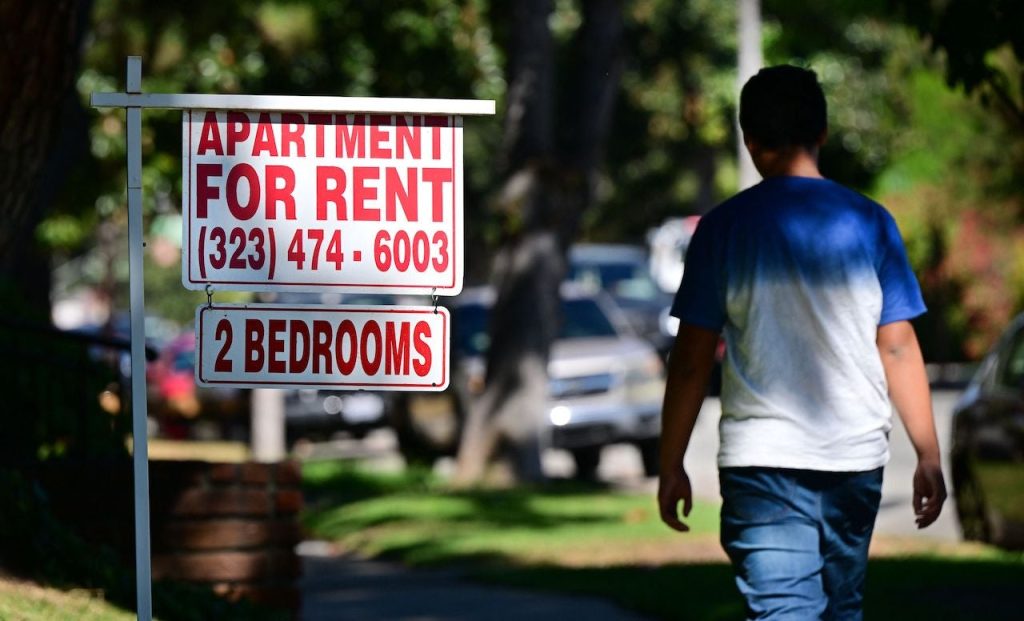FREDERIC J. BROWN/AFP/GETTY IMAGES
Key takeaways
- Housing discrimination is still common, despite being illegal under the Fair Housing Act.
- Protection against housing discrimination now expands beyond the original categories to protect more groups.
- Victims can file complaints with the U.S. Department of Housing and Urban Development (HUD), but maintaining a paper trail and reporting in a timely manner are key to enforcement.
What is housing discrimination?
Housing discrimination is the illegal practice of treating or behaving differently (ie, discriminating) toward buyers or renters of dwellings based on race, color, religion, national origin, sex, family status or disability. It involves denying people the right to buy homes based on these characteristics.
In the past, unfair practices like redlining marked neighborhoods, mostly where people of color lived, as “high-risk” and stopped them from getting mortgage loans. Although such practices were ruled unconstitutional early on, they persisted until the Fair Housing Act of 1968 made them illegal.
Key terms
The Fair Housing Act prohibits discrimination based on race, color, religion, sex, national origin, family status, or disability when people buy, rent, or finance homes. It’s meant to ensure that everyone has equal housing opportunities.
History of housing discrimination
As far back as 1917, the Supreme Court ruled that practices such as raising prices for certain racial groups to keep them out of the area were illegal and unconstitutional. Despite this, new forms of segregation and discrimination continued to emerge, denying people the ability to buy or rent homes based on not only race but also religion, nationality, family status and more.
To address ongoing segregation problems, Congress passed the Fair Housing Act in 1968. Rooted in the 13th and 14th Amendments, the act prohibits discrimination in the sale, rental, and financing of housing based on race, religion, national origin, sex, disability, and family status. Over time, the law has expanded to protect more groups, including veterans.
Examples of housing discrimination
It may seem like a thing of the past, but unfortunately, this type of discrimination still happens all the time. Here are some examples of what housing discrimination looks like:
- Discrimination based on family status. Jane calls a landlord about a rental listing. When the landlord asks if she has children and she says yes, he tells her the property is no longer available and hangs up. Jane’s friend, Ann, then calls about the same listing, says she has no children, and the landlord invites her to view the property. Jane is being illegally denied housing because she has kids.
- Discrimination based on disability. In the 2016 court case Castillo Condominium Association vs. HUD, a man named Carlo Gimenez Bianco sued his condo association for kicking him out of his apartment because he had a dog. The dog was a violation of the condo’s no-pet policy. However, it was a service dog that provided him treatment for a disability, and the Fair Housing Act requires that “reasonable accommodations” must be made in such cases. The court found in favor of Bianco.
- Discrimination based on race. In March 2023, a Black couple in California settled a housing-discrimination lawsuit based on a claim that their home was severely undervalued by a home appraiser because of their race.
Learn more: When is it too late to back out of buying a house?
How to report housing discrimination
So what should you do if you feel that you’ve been the victim of housing discrimination? Real estate investor and agent Jacob Naig offers some sound advice.
“If you suspect something’s off, document everything,” says Naig. “That includes names, dates, times and precise statements or actions. Keep emails and texts. Save listings. Note any inconsistencies and red flags, especially if others were treated differently under those conditions.”
The next step is to file a claim as soon as possible.
“Complaints about discrimination are often time-sensitive, as you typically have only a year to take action,” says Naig. “Even if you aren’t sure, reporting questionable activity builds a data trail.”
Report housing discrimination
You can file a complaint with HUD if you feel you’ve been a victim of housing discrimination, as it is illegal to refuse to sell, rent or finance housing based on race, religion, nationality, sexual orientation and other factors.
Naig also notes that you don’t have to navigate these situations alone.
“Local legal aid offices, nonprofit fair housing groups and even some real estate professionals can provide you guidance.”
Learn more: How to interview a Realtor: 10 questions to ask
Why we ask for feedback
Your feedback helps us improve our content and services. It takes less than a minute to
complete.
Your responses are anonymous and will only be used for improving our website.
Help us improve our content
Read the full article here









